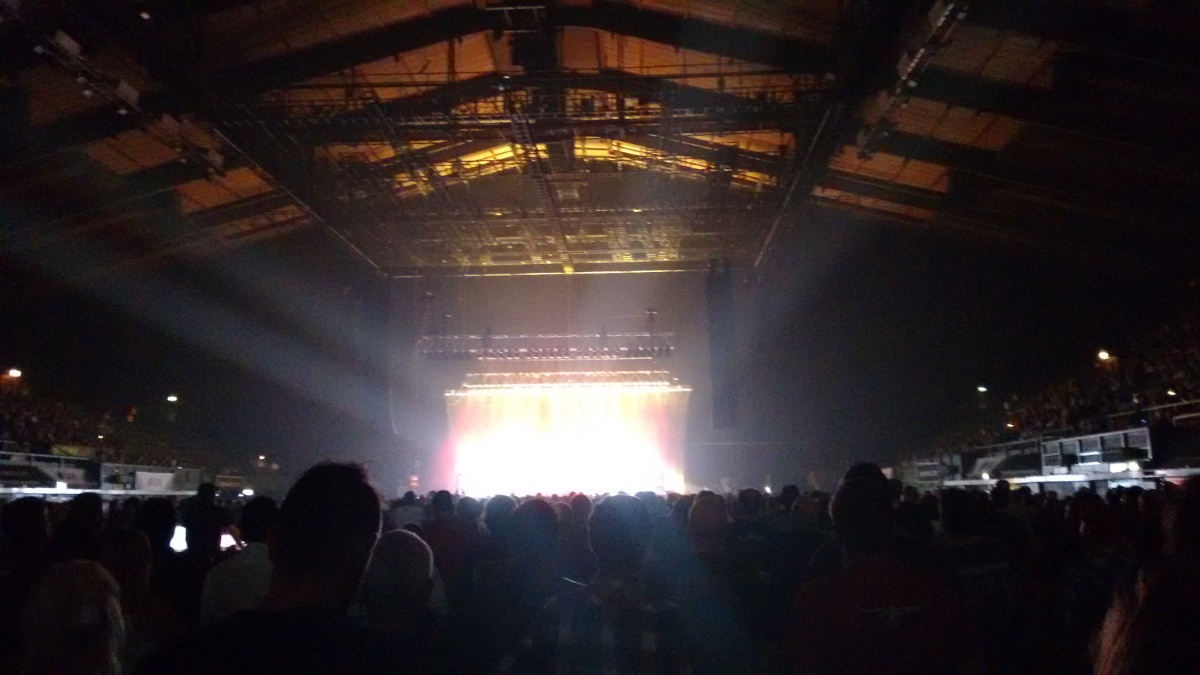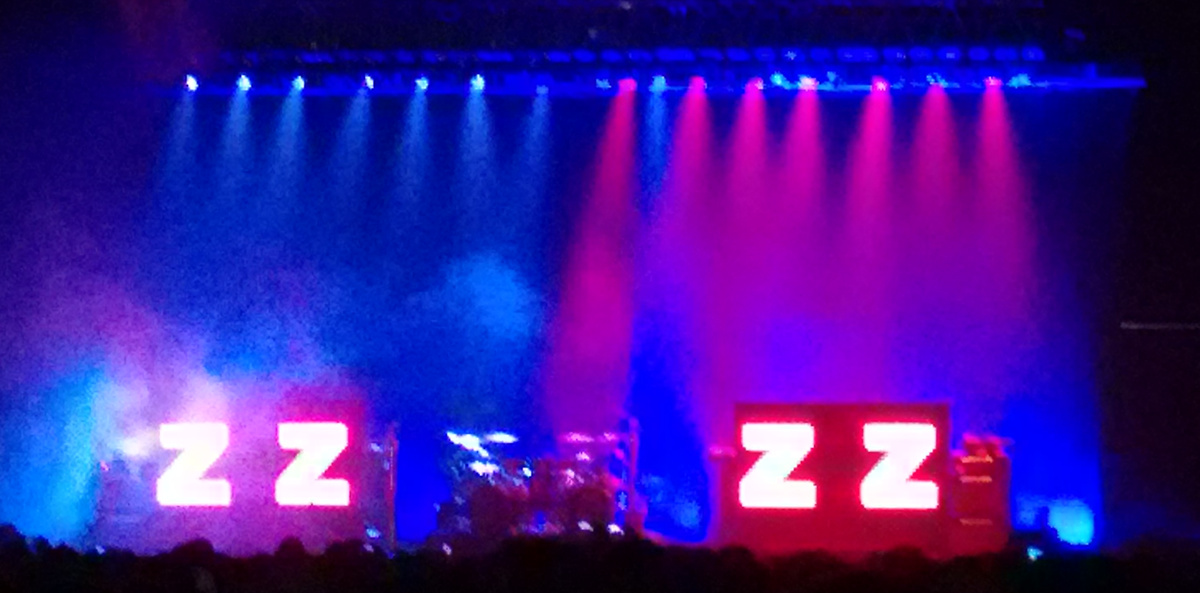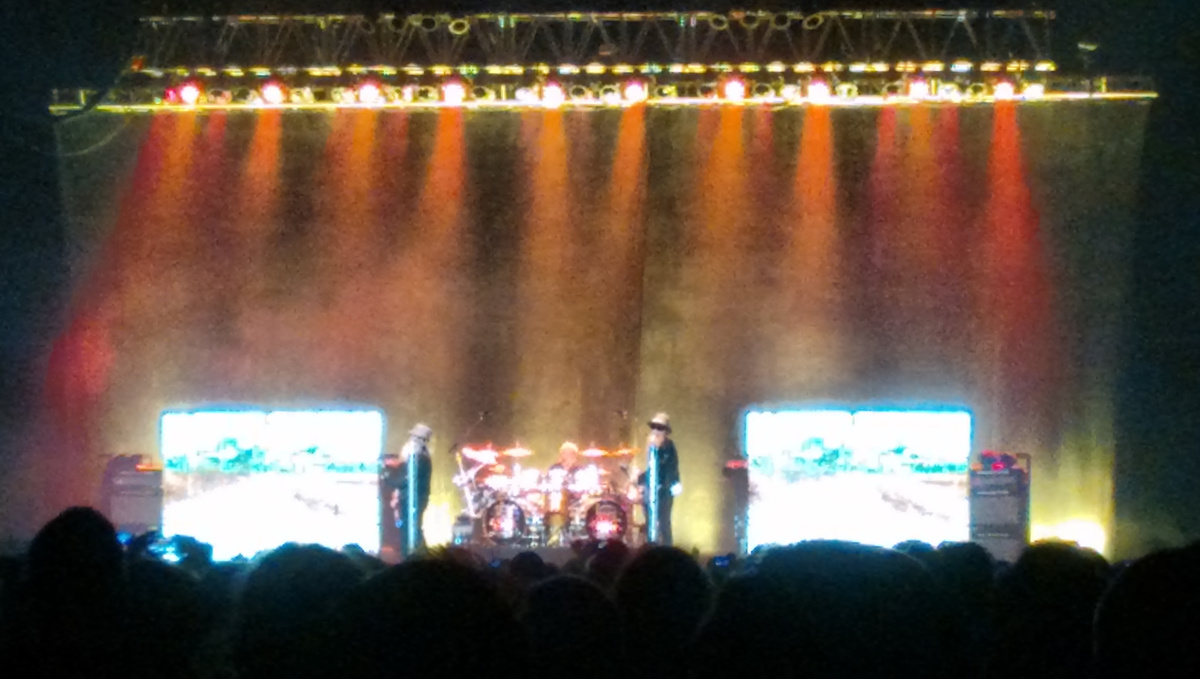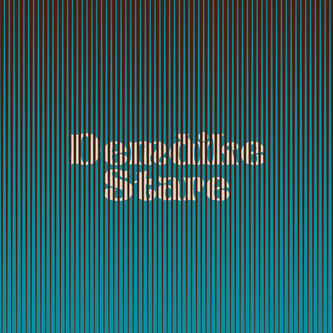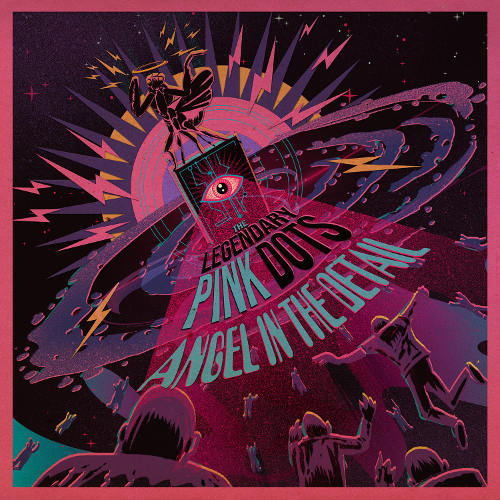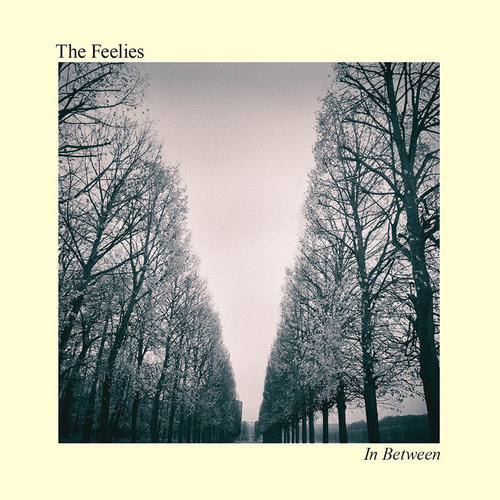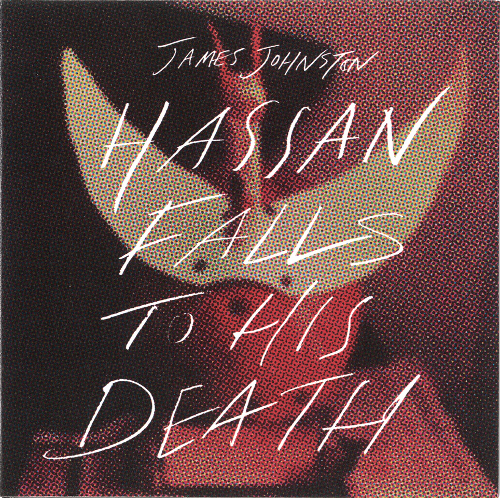London
24 June 2015
I’m shuffling through the Wembley sand, but my head’s in Mississippi.
It’s been a long time since I was last at Wembley Arena. Twenty-two years ago this month, in fact, lured like a Hamelin rat by the strange and, ultimately, ill-fated second coming of The Velvet Underground (Reed and Cale needing to spend more time together in order to remember exactly why it was they stopped spending time together in first place). So on this hot London summer night, a startling crescent moon already faintly visible overhead, I’m once again walking up Olympic Way.
Counter-intuitively, Fiona and I are heading straight for the venue that I used to dread the most. I’d walked away unsatisfied from almost every gig I’d ever seen here, its vast hangar-like structure exercising a seemingly occult power in squashing the life out of any performer hubristic enough to take to its stage. Awkward sight lines, cavernous and unflattering sound, atmosphere as flat as a Texas asphalt highway; you name it, it had the lot. In fact, possibly the only performer who had ever managed, in my eyes, to conquer this almost insurmountable Becher’s Brook of a venue was Alice Cooper. Having always understood the spectacle in his intuitive Debordian way, the outsized theatrics of Cooper’s peripatetic freakshow of guillotines, strangled nurses, fake-blood-filled balloons and US election razzamatazz(i) had somehow succeeded in transcending the sterile cavern, reaching out to infiltrate the distant corners usually left moody and untouched.So why come back now? The answer is simple. For anyone wanting to see an English gig in ZZ Top’s current world tour, this show is the only game in town. And I do very much want to see one. Having moseyed out of Houston, Texas at the end of the 1960s after talented young guitar-slinger William Frederick Gibbons met bassist Dusty Hill and drummer Frank Beard at a New Year’s Eve party, the three amigos spent the 1970s grafting Hendrix(ii)-on-valium guitar pyrotechnics onto a lazy Deep South boogie in a way that proved honeyed and almost irresistible. Maintaining a knife-edge balance between the serious and the ludicrous, ZZ Top somehow managed the unlikely feat of appealing to almost everyone. During the second half of the decade, at a time when exponents of old school pre-’76 guitar rock looked even more tired and more old-fashioned than Harold Wilson, by contrast, ZZ Top somehow managed to look positively cool. Check out their performance of “Cheap Sunglasses” on The Old Grey Whistle Test in 1980:
The 1980s were, in the main, a cruel time for the big names of the ‘60s and ‘70s who had stumbled from the wreckage of those decades and remained alive. The changing technology, the move towards a more airless digital production style, Fairlights, drum machines – not to mention pastel colours, mullets and espadrilles – it wasn’t a decade that was kind to Bowie or The Stones, Dylan or Pink Floyd. Strangely, though, despite being rooted in such an ‘authentic’, ‘rootsy’ style as Texas boogie rock, ZZ Top managed not only to adapt, but indeed to flourish. Like Michael Jackson, they cannily adapted both their style (to suit the new technological age) and their message (to accommodate the increasingly aspirational mores of the era).
Like Gibbon’s famous 1933 Ford Coupe, the band polished up their chrome finish, keeping an unlikely equilibrium of old and new, fine tuning their sequencers and smoothing off the rough edges, all without sacrificing any of the raucous good ole boy antics that lay just below their surface. Hard rocker in unwashed denim and leather or chart-pop-buying teen – all could relate to ZZ Top. In a deft multi-media assault, a trilogy of sequential videos (“Legs”, “Gimme All Your Loving” and “Sharp Dressed Man”) cemented their new-found status through heavy rotation on MTV. Through clever husbandry of their classic iconography – hotrods, hotpants, long shapely female legs, beards, rotating guitars, (expensive) sunglasses et al – the Top cemented their brand, and the world loved it. Really loved it. Freewheeling’ Frank on a Harley or Thatcherite city boy in a Porsche 911, it formed a truly democratic soundtrack.Here at Wembley Arena, some thirty years later, there is scant evidence that the band’s appeal has remained strong among the City’s financial community. “Sleeping Bag” (thankfully) did not form the soundtrack to the globalised financial tsunami unleashed by the implosion of the collateralised debt obligation. Instead, their fan-base has endured amongst its more natural constituency, the massed armies of heavy rock: the black and the denim, long hair and long beards (fuck the postcode of E8 and all those who sail in her, this is the real Temple of the Hirsute), bullet belts and Black Sabbath T-shirts. They are here in force tonight. And here to have a good time.
As the lights dim, the giant projection screens flicker into life, announcing cinema-style that tonight’s entertainment is “Certificated ZZ” and that “This cinema has Top views”. “Starring Billy! Dusty! Frank!”, we could be here for the screening of a spaghetti Western (and on screen duly appears a darkly-attractive roller-blading rock & roll cowgirl), but instead a wall of noise rises from the crowd as three familiar figures saunter out unhurriedly onto the stage. “Howdy y’all”; that would sound so corny coming from almost any other band, but said in Gibbon’s charming Southern drawl it’s utterly mouth-watering.Amplifiers cranked right the way up, they kick off with “Got Me Under Pressure” before blasting through an hour and quarter of solid ZZ gold, measured and precise, but with each screaming harmonic lovingly coaxed out for our collective delectation. Every track is an absolute winner. Mixing material from every stage of their bizarre career we get a Stetson-full of gems: “Waitin’ for the Bus”, “Pincushion”, “Cheap Sunglasses”, “Gimme All Your Loving”, “Jesus Just Left Chicago”, “Head’s In Mississippi”. A lovely cover of “Foxy Lady” suddenly appears from nowhere, with a graphic of Hendrix filling the screens, wild hair, black and gold hussar jacket, guitar arm frozen mid-strike, eyes closed in a moment of sublime ecstasy. We get “Sharp Dressed Man” and “Legs” back-to-back, the projection screens inter-cutting the prepared concert film with the familiar hauntological images of the ‘80s videos (the lean red ’33 Ford, the three Top animas with big hair and lacy lingerie, the elongated silver logo keyring), and I duly abandon all sense of cool detachment, singing along lustily with the crowd during the pauses when Gibbons lets the audience take the chorus. Sneaking a sideways glance, I notice that Fiona is playing air guitar. She has been possessed by the spirit of rock, a pianist speaking in musical tongues.
Much as I could spend most every night in Café OTO these days, in order to have a balanced diet, to get all my major musical food groups, sometimes I need a decent feed on some heavy guitar carbohydrate. And this is a huge, salty bag of chips. In a bap. With crisps as well. Hearing Billy Gibbons play the guitar is one of the beautiful things in nature, like seeing a coral reef in the Gulf of Aqaba, or dawn breaking over Uluru. There’s probably a National Geographic film crew here somewhere making a documentary.After a suitably token exit from the stage, they reappear for the encore and Gibbons does a little suitably token self-deprecation: “Aw, we ain’t going nowhere. We’ve been coming to England a long time now, same three guys, same three chords.” You might make it look easy Billy, but no-one here’s buying that. Then a surprise announcement: “This guy’s been a buddy for mine for a long, long time. And it’s his birthday, so say hi to Jeff Beck.” The craggy-faced, raven-haired guitar legend duly bounds on from stage right (signature bare arms, silver bangles, 71 going on 23), to receive a rousing and heart-felt chorus of “Happy Birthday to You” from the crowd and, bizarrely, a birthday cake from an assorted posse of incongruous men and women who shamble on, and then soon shamble off again.
Beck’s contribution is like pouring gasoline onto an already raging house fire. It’s absolute guitar meltdown and feels a little akin to having been gorging on baked Alaska, only to then be offered an enormous wedge of chocolate gateau. Still, as Mae West once said, “Too much of a good thing can be wonderful”. And so it proves. The encores are a wonderfully eccentric rag-bag of tracks including epic rock ballad “Rough Boy” and a terrific version of Merle Travis’ throaty coal-mining classic “Sixteen Tons”. During “La Grange”, Beck and Gibbons duel with their fretboards, loosing off riffs like Zeus dispensing thunderbolts, obviously loving every moment. When Gibbons growls “Let me hear some of that birthday gee-tar”, Beck takes the solo, starting with an earthly minor pentatonic, but gradually stretching it out beyond all known musical space-time until it begins to liquefy, its boundaries breaking down into constituent atoms, total abstraction, like a an enormous Jackson Pollock splashed across the Texan landscape. The set finishes with a ramped-up version of “Tush”, the audience screaming along for all they’re worth: “Lord take me downtown, I’m just looking for some tush”. Big gigs, it seems, are much, much better these days. The technological revolution of the last decade has finally provided the level of equipment necessary to match the grand theatrics of such occasions (high-definition screens, PA systems that provide volume without distortion, microphones that actually allow vocals to be heard), and perhaps, finally, the ghosts of Arena shows past can be laid to rest. And it’s just as well. Despite the feast on offer tonight, my inner rocker is not yet satiated. He is greedily demanding more. Luckily, I’m glad to say, there is the prospect of another, even larger banquet imminent here in Wembley in only a week. Not at the Arena this time, but at the bigger brother next door, the new stadium, one nation under an arch.The fourth of July – bring on the Aussies…
-David Solomons-
i Not to mention, on the tours of the mid 1980s, Kane Roberts, Cooper’s unsettling guitarist cum Rambo-a-like, complete with rocket shooting guitars. Sheesh.
ii Gibbons had become friends with (and learned from) Hendrix when his pre-Top band The Moving Sidewalks had opened for the master.
iiiIn the US, Diamond status denotes sales in excess of ten million.
